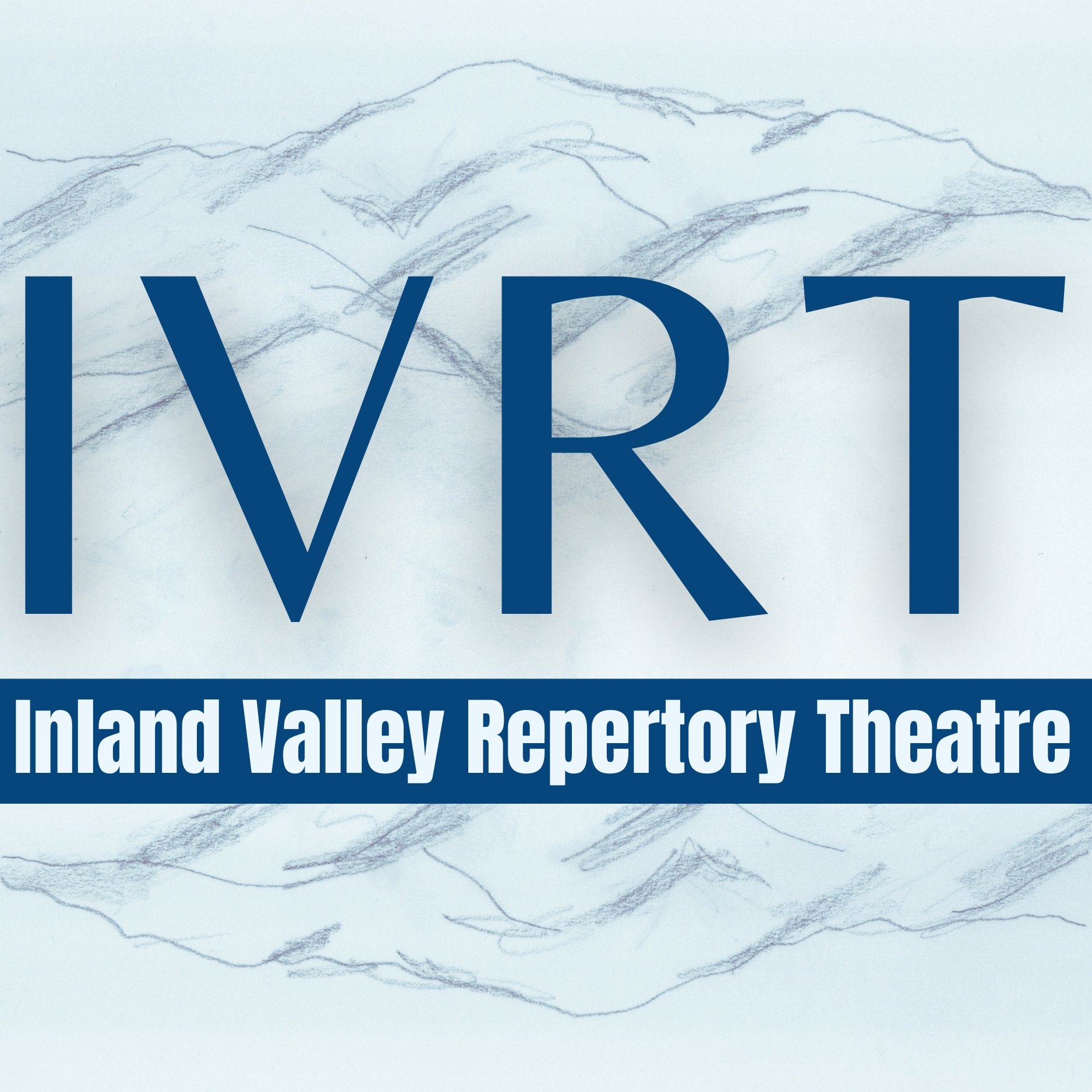Acting for All Ages!
WHY THEATRE IS GOOD FOR KIDS
Over the past couple of weeks, Camp IVRT has had the opportunity to work with campers who are excited about performing again. At IVRT, we get to witness increased engagement and joy in campers throughout the length of our sessions. Now more than ever, theatre plays a crucial part in readjusting to a continuously changing “new normal” for our young community members.
Theatre Nurtures Critical Thinking Skills
Skills like critical thinking, analysis of characters, and writing are used regularly in everyday theatre exercises and games. Writing drafts and workshopping in fun games gives everyone space to grow and evolve with their work. Students are constantly thinking deeply about the work they produce. Children are consistently developing their sense of empathy as they think about how to best perform as someone else. For many kids, theatre is one of their first experiences focusing time and energy into their own individual creative writing work. Having a safe space to explore their writing abilities grants young students the chance to strengthen confidence in some truly important life skills. Students are regularly communicating both vocally and through movement on stage, this directly affects the way that they interact with the world around them. At camp we have noticed that by the end of the week, campers have an easier time projecting, asking questions, and asking for assistance when they need it.
Acting Leads to Confidence
Acting isn’t an easy thing to do! It can be nerve racking— being on stage, performing for others— it can be the biggest fear. (Even for some adults!) However, theatre helps us remember to speak publicly with confidence, and being on stage becomes a little less scary. Over the course of our time together, campers gain confidence on stage but also in themselves. This sort of vulnerability on stage helps create an open environment where kids can be themselves. Gaining familiarity using our voices encourages young actors to become independent thinkers. By learning how to be comfortable with public speaking at a young age, theatre kids become empowered, and that sticks with them long after the curtains close.
Written by Shannen Sulpizio
